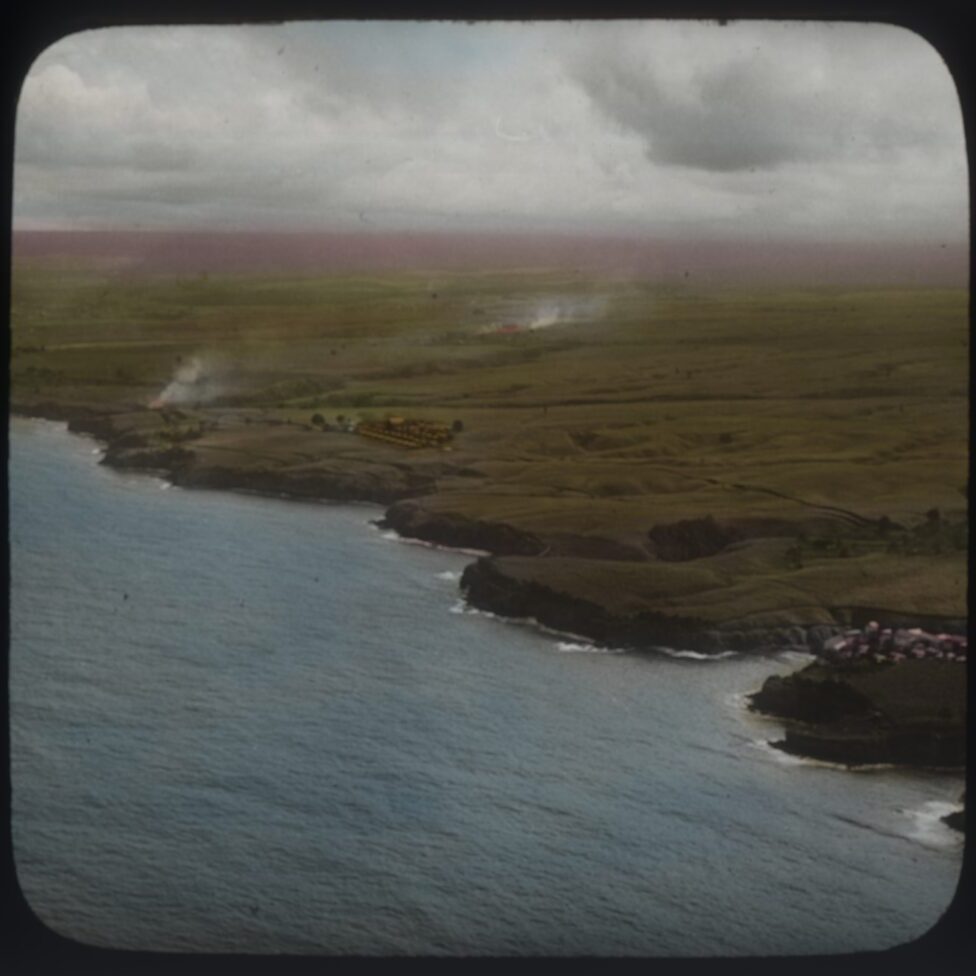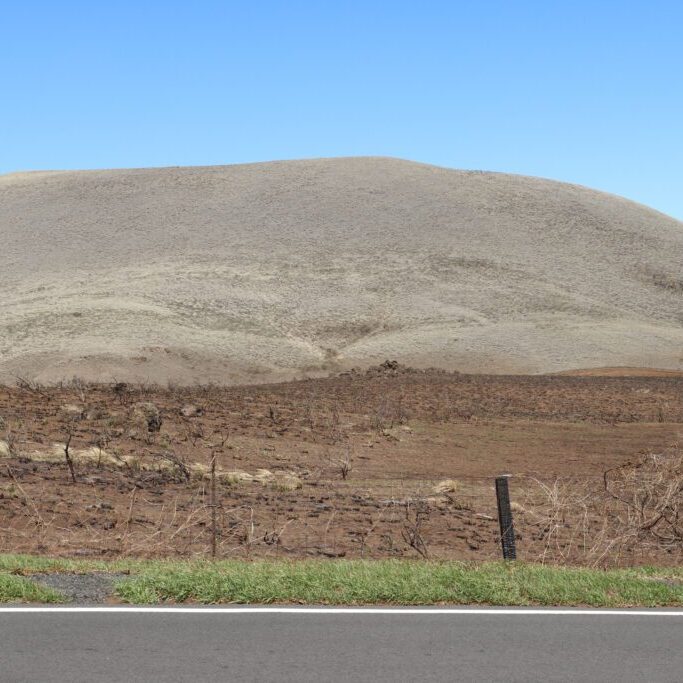After fire, it is important to understand that people and lives come first, that soil and environmental stabilization comes next, and that short-term and long-term support of fire resilient landscapes is critical to a successful recovery. As the platform for fire science exchange across Pacific Islands, PFX's current expertise is the science around pre-fire planning, vegetative fire fuels reduction with an aim to reduce wildfire risk across the landscape.
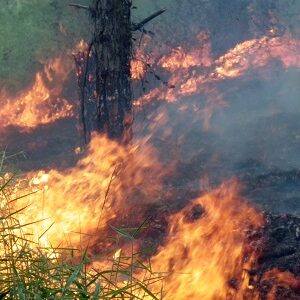
After fire, first things first.
In the aftermath of evacuation and recovery, communities and responders are often dealing with hazardous environmental conditions which call for vigillant public safety and environmental stabilization.
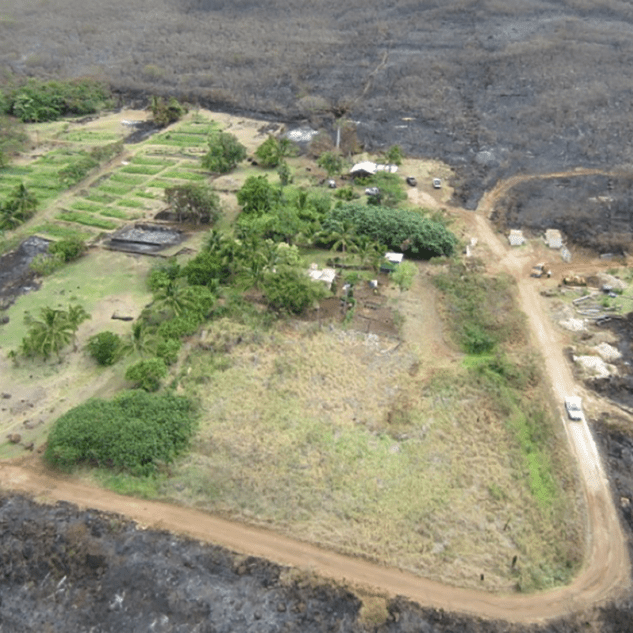
For long-term wildfire risk mitigation planning, supporting agriculture and reducing fuels around your home and community are key.
The role that farms and ranches play in land care is critical across fire prone landscapes. Ranches and farms keep fire-prone weeds at bay to maintain pastures and crops.
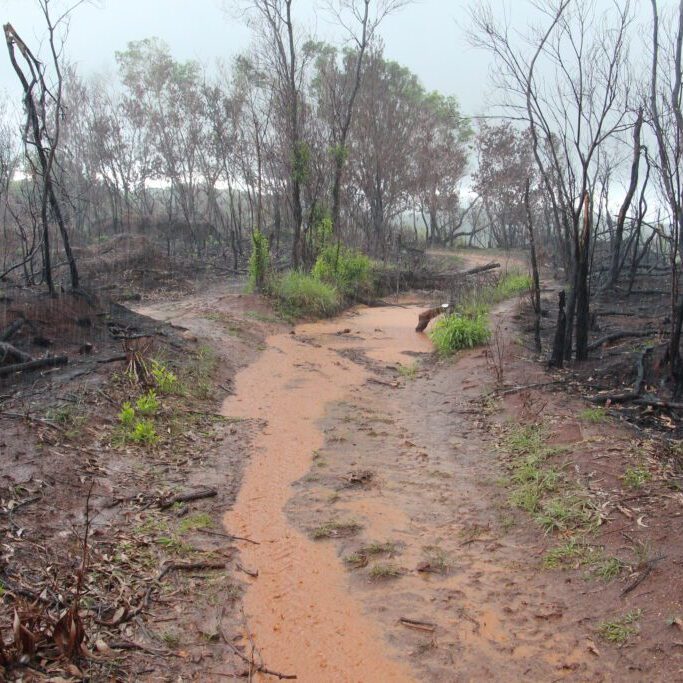
What is your emergency soil stabilization plan? This can be done in various high-tech and low-tech ways.
After human health and safety, the first priority is to protect the soils from rain and run-off.
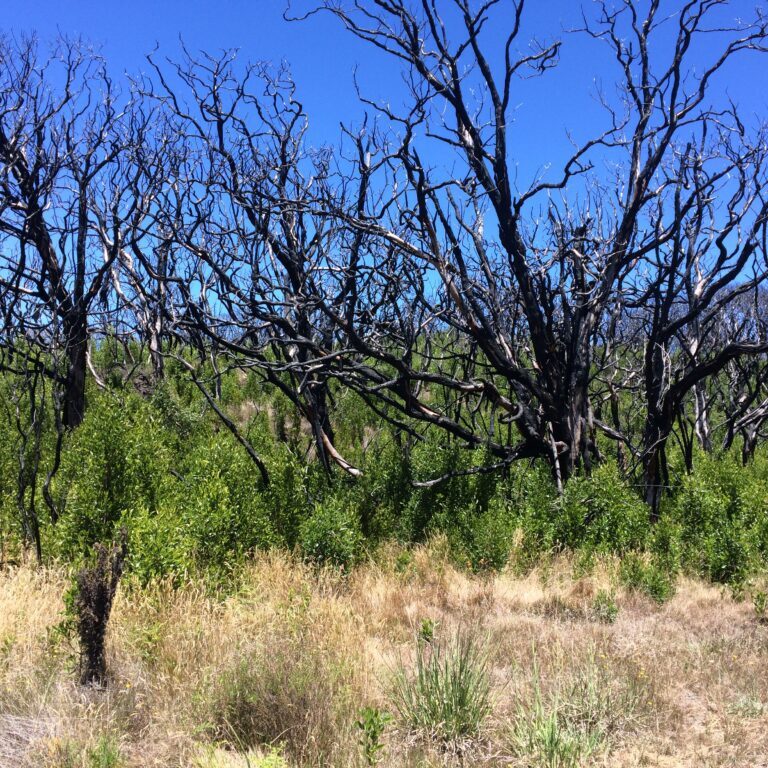
Consider re-vegetating burned areas in a way that makes sense for your environment while knowing that resources (time, money, long-term stewardship) may vary.
Re-planting is an important, long-term strategy for soil stabilization. While native Hawaiian plants are always desirable, they require a great deal of care, such as water, fencing and weeding.
Other After Fire Resources
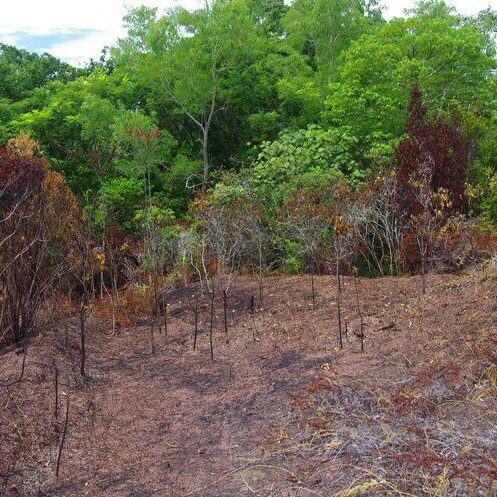
Webinar: Fire and Erosion
The Pacific Fire Exchange hosted a webinar with Clay Trauernicht (University of Hawai‘i), Willie Rice (Forest Solutions, Inc.) and Jack Minassian (University of Hawai‘i) on the topic of fire and erosion.
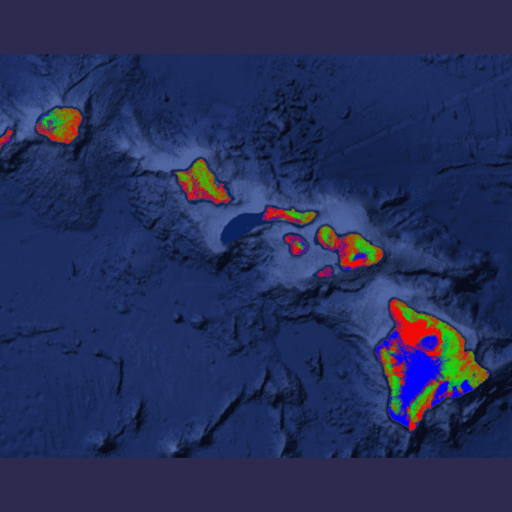
Webinar: Land Cover Maps for Fire & Land Management
Matt Lucas presents on land cover Geographic Information Systems products for Hawai‘i and other Pacific Islands. He is a Master of Science graduate of the Natural Resource and Environmental Management…
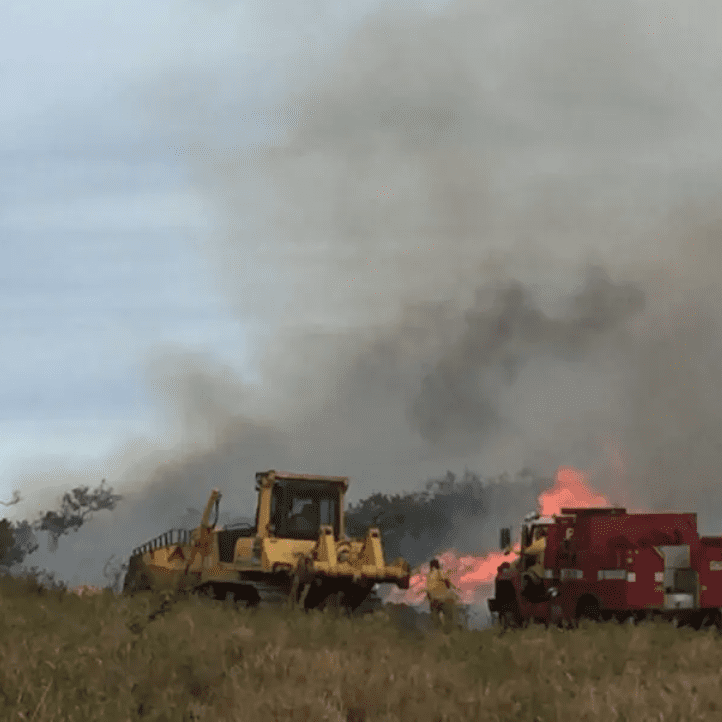
Some Quiet Time With A Wildfire
This guest post was written by Michelle Galimba, a rancher in Ka’u on the Big Island, and describes the fire which started on Sept. 21st in her family’s pasture lands.…
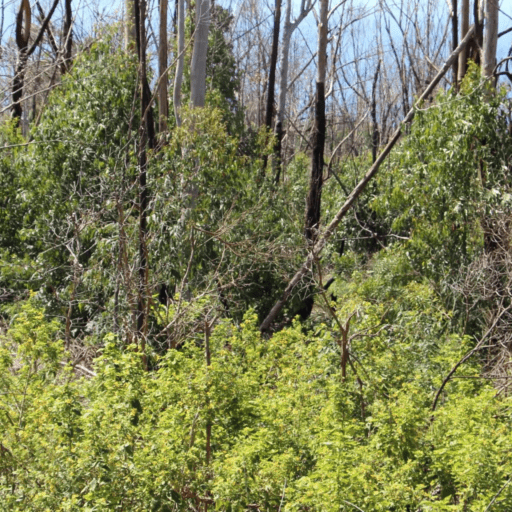
Research Brief: Restoration Impacts on Fuels & Fire Potential
A look at how fuels and fire management can be complementary with ecological restoration goals. DOWNLOAD PDF

Restoration Impacts on Fuels & Fire Potential
A research brief summarizing the results of an experiment to determine how ecological restoration with native Hawaiian species in Waianae Kai Forest Reserve on O`ahu can modify potential fire behavior.
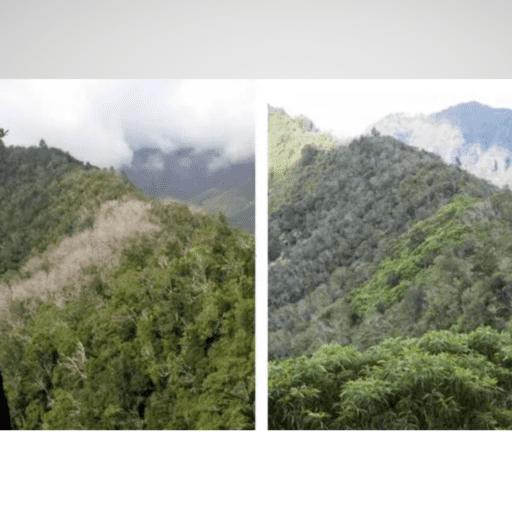
Webinar: 14 Years of Post-Fire Recovery in Hawaiian Mesic Forest
Tamara Ticktin (Professor of Botany, University of Hawai‘i), Amy Tsuneyoshi (Watershed Resources Specialist, Honolulu Board of Water Supply), and Clay Trauernicht (Wildfire and Ecosystems, University of Hawai‘i) present on post-fire…
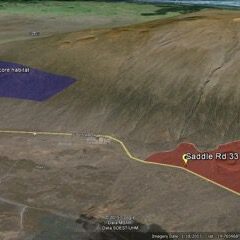
The Mauna Kea 33 Fire – At the Intersection of Suppression & Conservation Challenges
A matter of perspective: Examining wildfire in the big picture and close-up As we write this, Hawaii is shifting into its ‘winter season’ but despite ample rain in windward areas,…
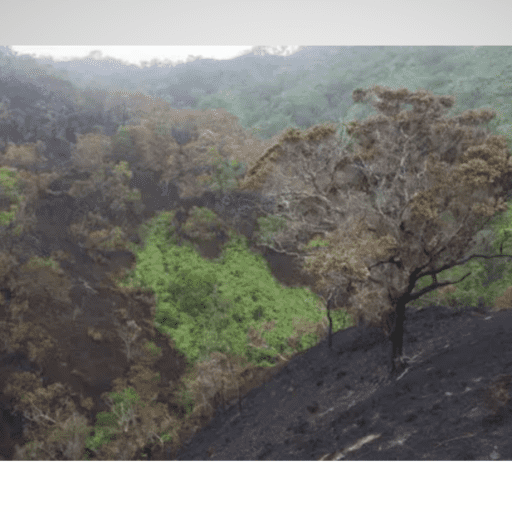
Webinar: Fire & Ohia–What this disturbance means for Hawaii’s dominant tree
Mark Wasser presents on how ohia trees are affected by fire, how they will fare under changing environmental conditions, and management implications. WATCH THE WEBINAR
- « Previous
- 1
- 2
- 3
- Next »

